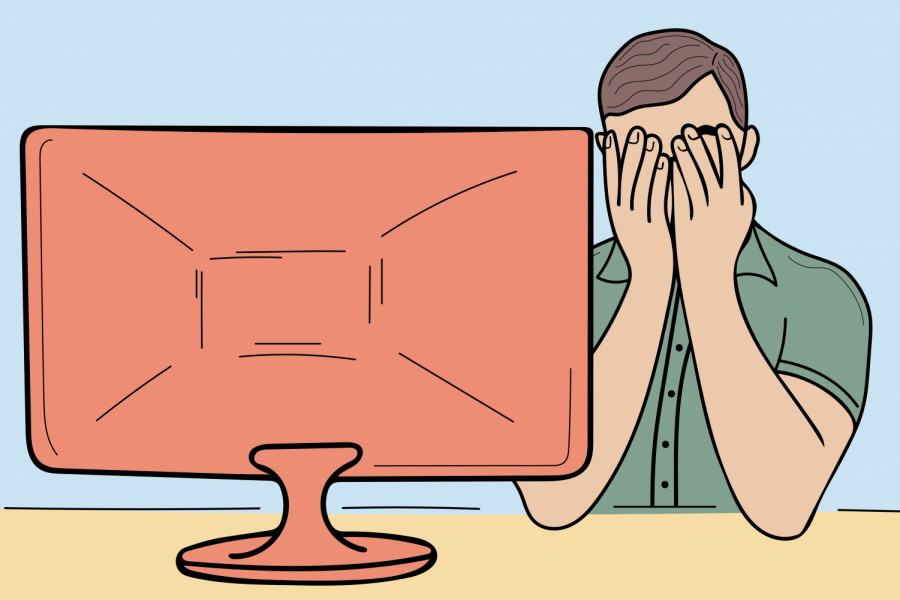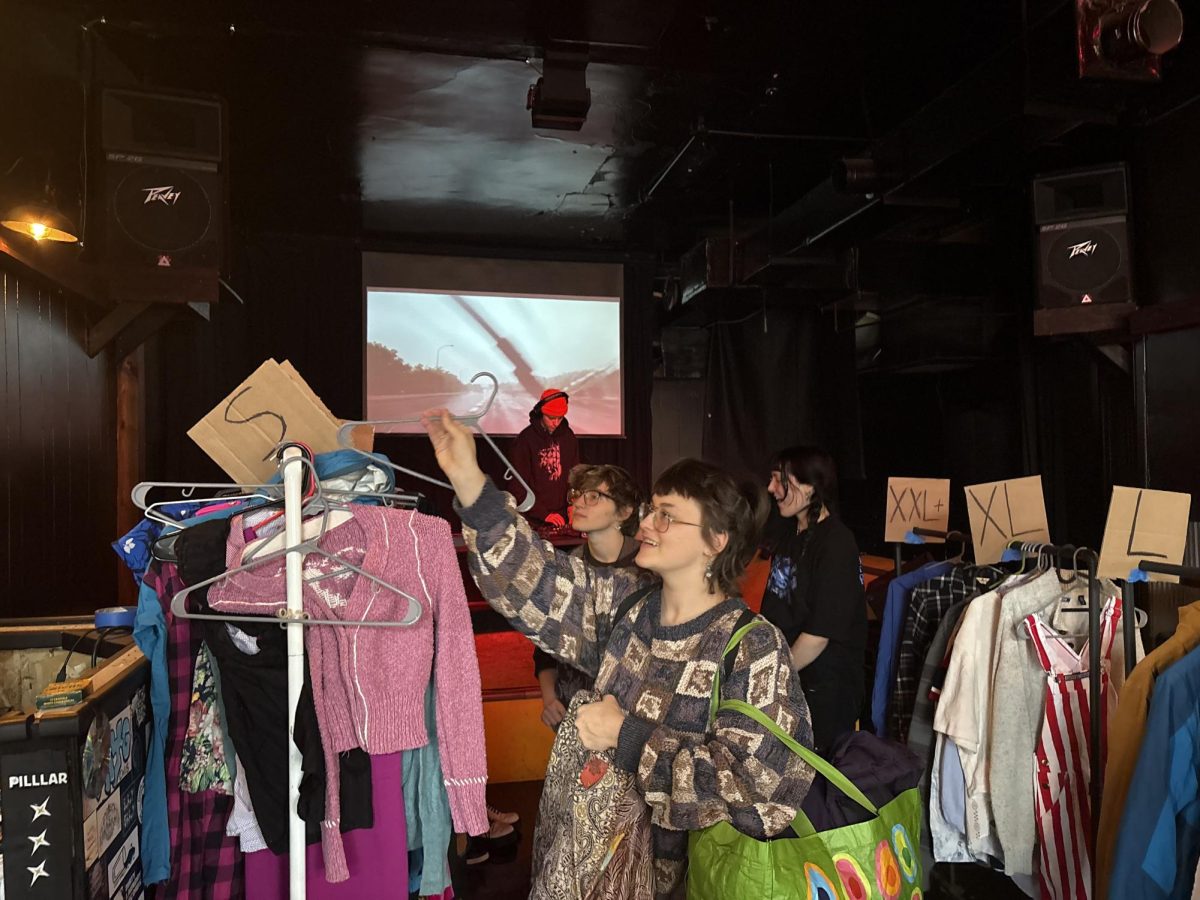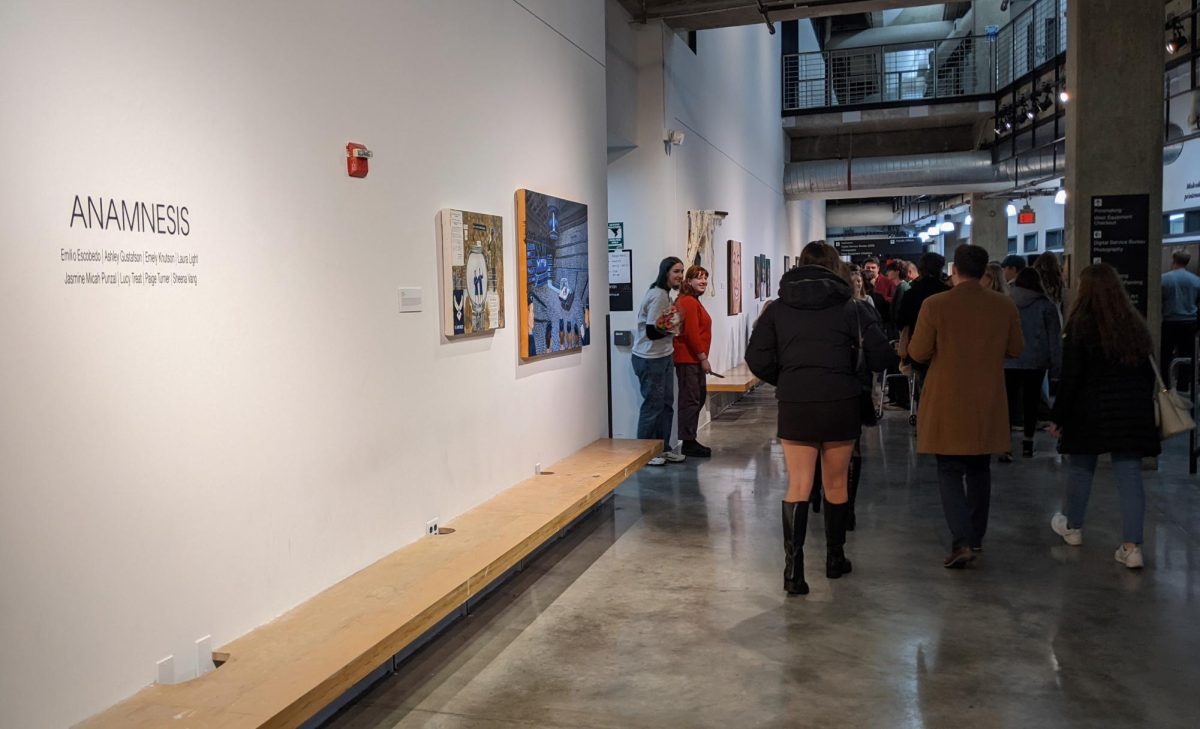On Thursday, Nov. 5, a student posted “I really can’t keep ‘living’ like this” in the r/uofmn subreddit. The post detailed the monotony of sitting at a desk all day, completing assignment after assignment, feeling unsupported and as though there isn’t an end in sight to the ensuing stress of this year.
As the pandemic reaches its eighth month in the United States, some students have echoed feelings of monotony and fatigue surrounding online schooling and COVID-19-related stress.
“I didn’t think anything could possibly be worse for my mental state than the country teetering on the edge of fascism but with a project, major assignment, and/or midterm in every single class this week [my professors] managed to pull it off. Theres no real end to anything in sight and I just don’t have the will to keep up any more,” BossMatt101, the author of the post said.
The post gained more than 350 upvotes and was met with similar sentiments and advice. Students replied with thoughtful messages, reminding the author that there is hope, offering up podcast recommendations, self-care advice and even a play session with one student’s dog.
Patricia Frazier is a professor who studies stress and trauma through the University’s psychology department. She’s focused on college student mental health and, in particular, how students have fared throughout the pandemic.
Since the beginning of the pandemic, Frazier, along with fellow psychology professor Liza Meredith at the University of Minnesota-Twin Cities and assistant professor Viann Nguyen-Feng at the University of Minnesota-Duluth, has collected data on stressors experienced by students during the pandemic and the efficacy of online stress management interventions.
Frazier and her colleagues found the main concerns among students this semester include concerns about grades, missing friends, online class difficulty, uncertainty about COVID-19 and lack of motivation.
These stressors are common among college students, and a greater number of stressors can be associated with feeling more depressed, Frazier explained.
So how do we combat these feelings? Through their stress management intervention classes, Frazier and her colleagues encourage students to remind themselves of what they do have control over instead of what they can’t control.
Some of Frazier’s solutions to feeling better during this time are simple, like making sure to get enough sleep, avoiding the news and taking intentional schoolwork breaks throughout the day.
“Even though we can’t do everything that we normally can, we can still try to do things that bring us joy,” Frazier said.
Director of the Earl E. Bakken Center for Spirituality and Healing, Mary Jo Kreitzer, recommended that students take some time to process everything going on by spending some time in nature.
“For many, this has been a time to sort out priorities – what really matters and what are the things that I can do now – and in the future,” Kreitzer said in an email to the Minnesota Daily.
The Bakken Center offers resources on its website for students dealing with stress. The Student Corner offers college students stories and advice on how to cope with the uncertainty, fear and anxiety of this time.
As a source of joy, Jake Ender, a fourth-year student studying speech-language-hearing sciences, has taken this time to learn how to cook for himself. He’s learned how to cook Japanese dumplings, ramen and more.
“There’s different things you can do to occupy your mind, and I think that there’s lots of problems you could solve in your own life that don’t have to do with going out into the world,” Ender said.
Ender’s main advice for students is to exercise, explore different hobbies during this time and take it day by day with patience.
“Now’s a tough time for everyone, teachers included — the entire university institution included. So I think just being patient and trying to boost each other, wherever we can, is probably the most important thing we can do.”








